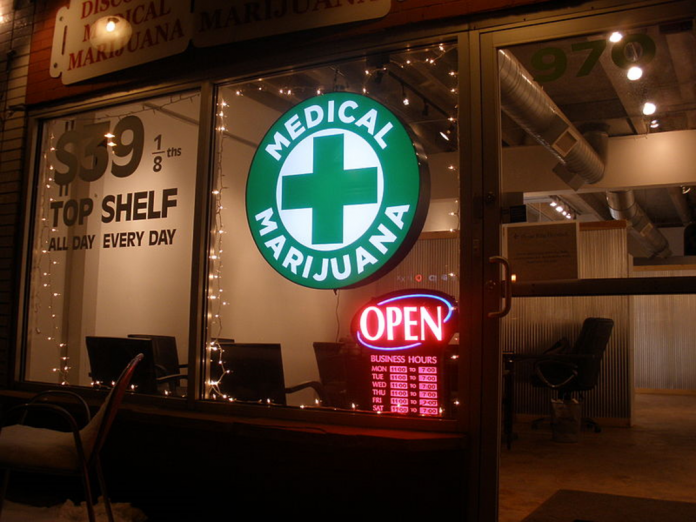Laws around marihuana (that is how it’s officially spelled in Canada) possession and use in B.C., and Canada as a whole, are nuanced and grey. July 1, 2018 will attempt to clear up much of this confusion, by fully legalizing both recreational and medicinal use with the Cannabis Act, marking us as the first large industrialized nation to do so.
Currently, marihuana is listed as a Schedule II substance, which means it may be sold by a pharmacist on a non-prescription basis, as long as there is no opportunity for patient self-selection. Now, if you’ve ever been to one of B.C.’s many dispensaries, you know that patient self-selection is a fundamental part of the business model. That’s because they’re technically operating illegally, but that doesn’t necessarily mean they’re going to be shut down. Most are charged fines, and while some avoid payments, most pay the fines. They just turn enough of a profit to remain open, treating the fines as another operating expense.
This is why the law is so nuanced. Essentially, dispensaries are getting ticketed each day, but as long as they keep paying them, there’s no further punishment.
Vancouver has started to put regulations for dispensaries in place, giving them similar restrictions to liquor stores. The City of Vancouver also made a statement, as reported by the Vancouver Metro, that they will shut down any non-licensed dispensaries, although currently fewer than one in 10 dispensaries are licensed.
On a personal level, the law gets difficult. Cases have gone both ways, on charges related to possession or purchase of marihuana/marijuana, dependent upon intent, medicinal need, and other factors. For people already incarcerated the situation is even worse. The question of if and who should be pardoned when the Cannabis Act is put into effect this July is still undecided.
However, those who would still be in violation of the Cannabis Act will remain incarcerated, and the current stance is to handle those incarcerated for lesser crimes, such as possession, on a case by case basis. This undoubtedly will cause many controversial cases to make the news in the future, but as for right now, arrests for marijuana possession are lower than they have been in the past, with marijuana consumption on the rise.
This leaves a lot of questions about what should be done. On one side you have people saying that the law is the law, and those who choose to break it should be punished, regardless of whether or not the law is expected to change. On the other hand, are we really going to punish business owners for moving faster than the speed of the government? Really, all that these dispensaries are guilty of is pushing a loophole to its limit, with them exploiting the fact that everyone is innocent until proven guilty, and the fact that they only need to remain “not proven guilty” until July 2018 intrigues many business owners.
Of course, the Cannabis Act is not a magic wand, and many illegally operating dispensaries could continue to operate illegally under the Cannabis Act, and I’m sure we can anticipate stories of dispensaries being shut down, both legitimately and illegitimately, in the months following the passing of the Cannabis Act. And what does this mean for you, the end user? Well, possession of marijuana is legal as long as it’s obtained legally, and if you believe that you’ve obtained the marijuana legally, it’s been ruled that the fault does not fall on you. However, knowingly purchasing goods and services from an illegally operating business is a crime. So, if you purchase weed from a dispensary, don’t think about any of this too hard. It might make you a criminal.
Image: “O’dea”/Wikimedia


